In our last issue of the Keirsey Magazine, there was an article entitled “Dating Different Kinds of Crazy,” where we looked at the question, “Why do people go insane, crazy, sick, mad, or bonkers? And does it manifest differently based on one’s temperament?” In other words, what causes someone to go crazy, and do we go crazy in different ways? In summary, we explained how feelings of worthlessness are at the root of what causes insanity, and that depending on one’s temperaments, one goes crazy in different ways. (If you need a refresher on what we wrote about, take a look on the next page, on the side note: “Why and How Different Temperaments Go Crazy.”)
An interesting statement Dr. Keirsey made in relation to this was about who is best equipped to deal with the mentally insane. He said, “It’s definitely not the medics who have the answers for mental illness.” He stated that the approach of many medics was to diagnose a patient with some kind of mental disorder and then prescribe a drug that pharmaceutical companies have manufactured to address symptomatic behaviors (and not root causes.) He claimed that psychotropic drugs may mask some symptoms, but that they are not able to address the underlying feelings of worthlessness which caused the behaviors of insanity in the first place.
Dr. Keirsey referred to himself as a mythologist—often comparing many myths of all the world’s religions, and cultural mythologies. Although he self-identified as being agnostic, he found the notion of the existence of any unobservable supernatural beings (i.e. gods, deities, angels, demons, or spirits) as being quite problematic; and yet he expressed emphatically, that those who are “troubled or troublesome” are best dealt with by healers who are in the business of making people whole. He stated that it’s not “the medics” (“the pill pushers”) who can help. It’s the counselors and the clergy, who can best bring about changes that heal. Why is this the case? He stated simply, “It’s because religion can provide instant worth to those who feel worthless.” His reasoning was that because feelings of worthlessness are the root of all madness; faith, spirituality or religion can have a transformative effect for the insane by declaring that an individual has worth.
The idea that we have worth to an infinite God, who is supremely worthy, is a powerful concept to someone who feels worthless. When someone enters a faith community feeling worthless, worrying about if they will be rejected, and yet, are embraced instead of being shunned, it can feel so amazing. The greatest fear of someone who feels worthless, is to be abandoned. So being embraced ends up obliterating any feelings of abandonment. The ideas of hope, redemption, and love serve as the utmost surprise for someone who was written off as being unworthy.
The message of the church is readily received, because love is communicated through words and deeds; and this makes all the difference in the world. As someone who was irreligious, Dr. Keirsey was not partial to any specific religion as the answer, but he believed that as long as that religion, faith community, or spiritual group provided a clear message of love, and a pathway to redemption, that this would adequately address insanity. It did not matter whether it was Christianity, Judaism, Islam, Hinduism, Buddhism, or any other belief system. For example, the idea that a loving God would send his one and only Son to die for undeserving human beings, was evidence that people were worth it to make such a sacrifice (Christianity). Or the idea that worthless, sinful human beings could find redemption by various rituals, sacrifices, or prayers, to regain their worth, could also work (Judaism). The idea that one could observe commandments and offer devotion to be deemed worthy was also a way that could help someone regain their sense of worth (Islam). The idea that one could earn a higher status in a next life by doing good deeds, was also a way that could elevate ones worthlessness to a place of worth (Hinduism). The idea that one could attain liberation from the cyclical patterns of bondage by one’s deeds was also a viable way to address the root causes of worthlessness (Buddhism). The bottom line was that religion was able to offer a message that one was loved, and that there was a roadway to regain one’s worth.
For those who believe, whether relegated through the beliefs of a religion, or facilitated by the members of a spiritual community, the fact that there is a way to be deemed as no longer worthless, can provide an answer. For someone who feels worthless, a redemptive path can break the cycle of imprisonment. Most religious traditions teach that mere mortals can talk to the divine, and the thought that we are worthy to be heard, understood, and embraced by a deity brings great hope. Dr. Keirsey said, “What the clergy offers is an answer that’s transformational for someone who feels worthless.” In this article, we will take a brief look at how faith, spirituality, and religion specifically can help Artisans, Guardians, Idealists, and Rationals.


